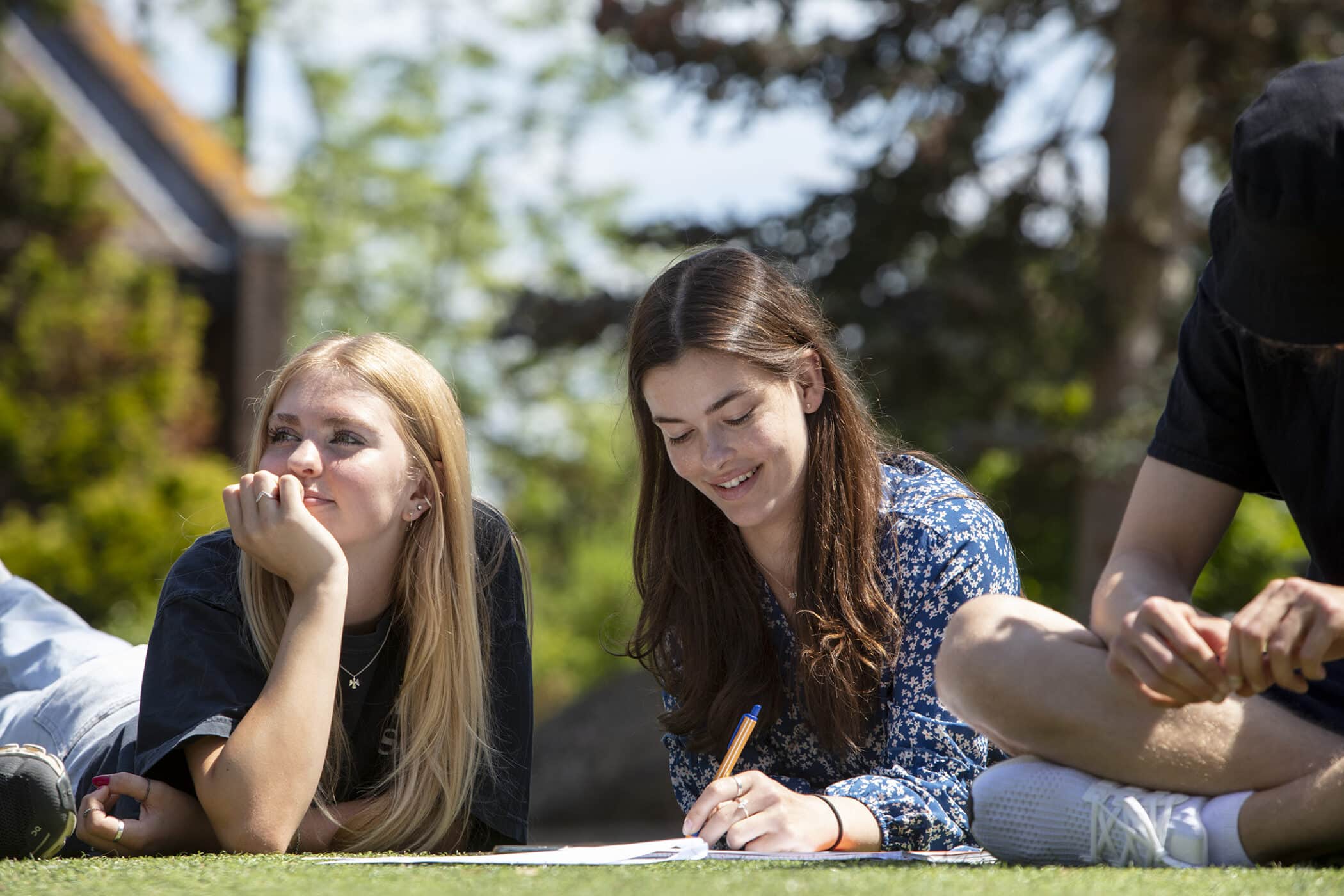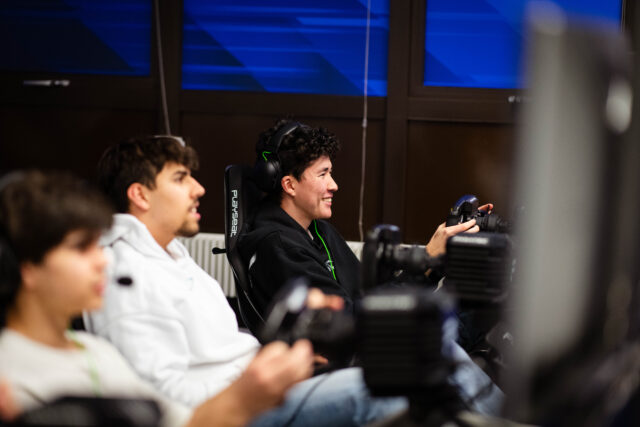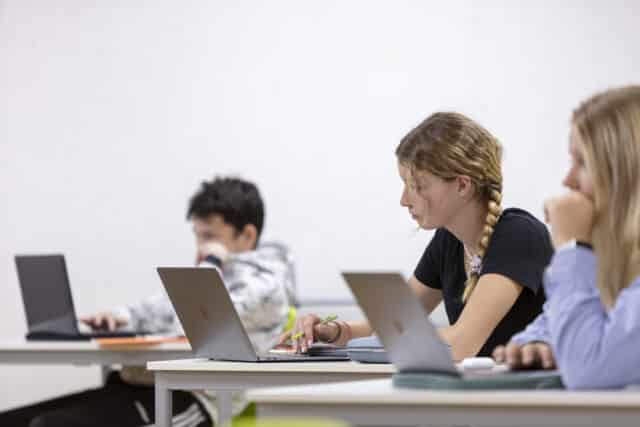27/03/2020
ACS shares distance learning tips for parents
To support the millions of school students across the UK who are now continuing their studies at home, ACS International Schools has compiled its best practical advice for parents who are adapting to distance learning and their new role of both parent and educator, while juggling working from home.
ACS’s tips aim to help families make the best of new and unfamiliar learning environments, and equip parents for the more practical aspects of learning from home.
“Distance learning presents us all with formidable challenges, and we are all learning how to do things differently. While no one is sure yet how long distance learning will continue, we know that it won’t last forever, and it’s important that we offer the best support we can in this time.”
“Children and young people take cues from adult behaviour and attitudes, so remember to communicate calmly, confidently and optimistically that we will pull through the crisis together. Managing our own emotions will help your children stay focused on learning and looking forward to another school year.”
Education Strategy Director, Robert Harrison
ACS’s top distance learning tips for parents:
Help students ‘own’ their DISTANCE learning
No one expects parents to be full-time teachers or to be experts in every subject, the best thing to do is to provide support and encouragement, and expect your children to do their part. Try not to help too much – becoming independent takes lots of practice and this is a good opportunity to put those skills to the test!
Begin and end the day by checking in
Establishing a routine is important and ensuring you make a habit of checking in with your child at the beginning and end of each day will help keep them grounded, will allow them to process instructions they’ve received from their teachers, and will help them to organise themselves and set priorities. In the morning, you might ask: What classes/subjects do you have today? How will you spend your time? or What can I do to help? And at the end of the day you might ask: How far did you get in your learning tasks today? What did you discover? What was hard? and What could we do to make tomorrow better?
It’s important to remember that not all students will thrive in a distance learning environment and they may struggle with too much independence or lack of structure. These check-in routines help support your child to find structure when learning from home and, critically, will help them develop self-management and executive functioning that are essential skills for life.
Encourage physical activity
When living and working at home, we will all need to allocate time to let off steam. Physical activity is vital to health, wellbeing, and readiness for learning. During this time, take the opportunity to practice exercising ‘alone together’ with digital workouts and online instructors. Plan hands-on, life-ready activities that keep hands busy, feet moving, and minds engaged!
Connect safely with friends:
It is likely that young people across the UK will already be missing their friends, classmates and teachers, and where it is fantastic that you can help your child maintain contact with friends through social media and other online technologies, it is also very important to monitor their social media use and ensure they stay safe online.
Remind your child to be polite, respectful and appropriate in their communications, and to report unkindness and other problems so that everyone maintains healthy relationships and positive interactions.
Make the most of an unusual and stressful situation
We are going through a time of major upheaval to our normal routines and ways of life and there’s a great deal of anxiety in the world right now. Children benefit when they get age-appropriate factual information and ongoing reassurance from adults.
In the current circumstances, it is often possible to reframe challenges as opportunities – for spending time together, discovering new ideas and interests, and investing energy and attention in activities that often get pushed aside by everyday tasks and responsibilities. Slow down and enjoy the unexpected benefits.





